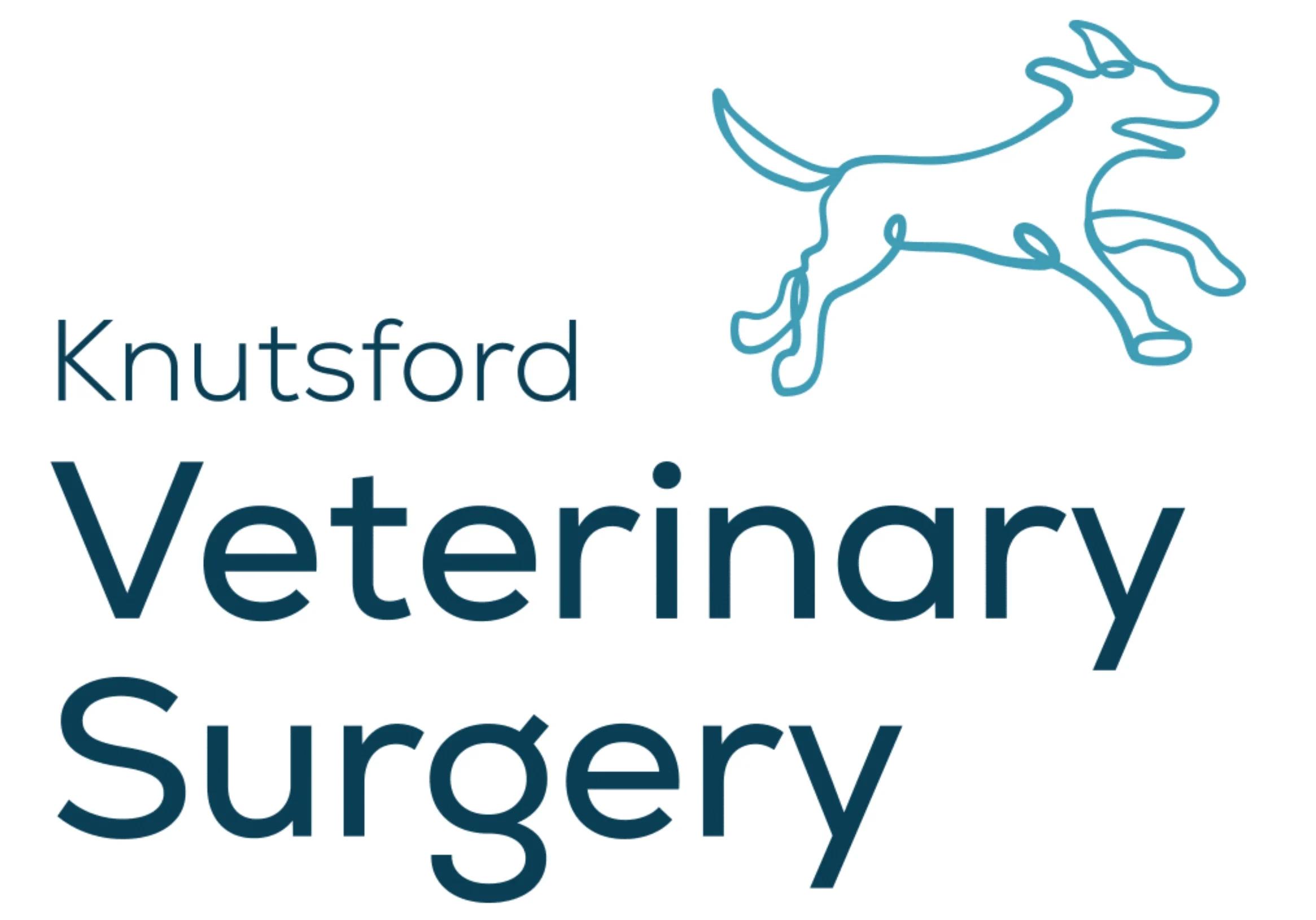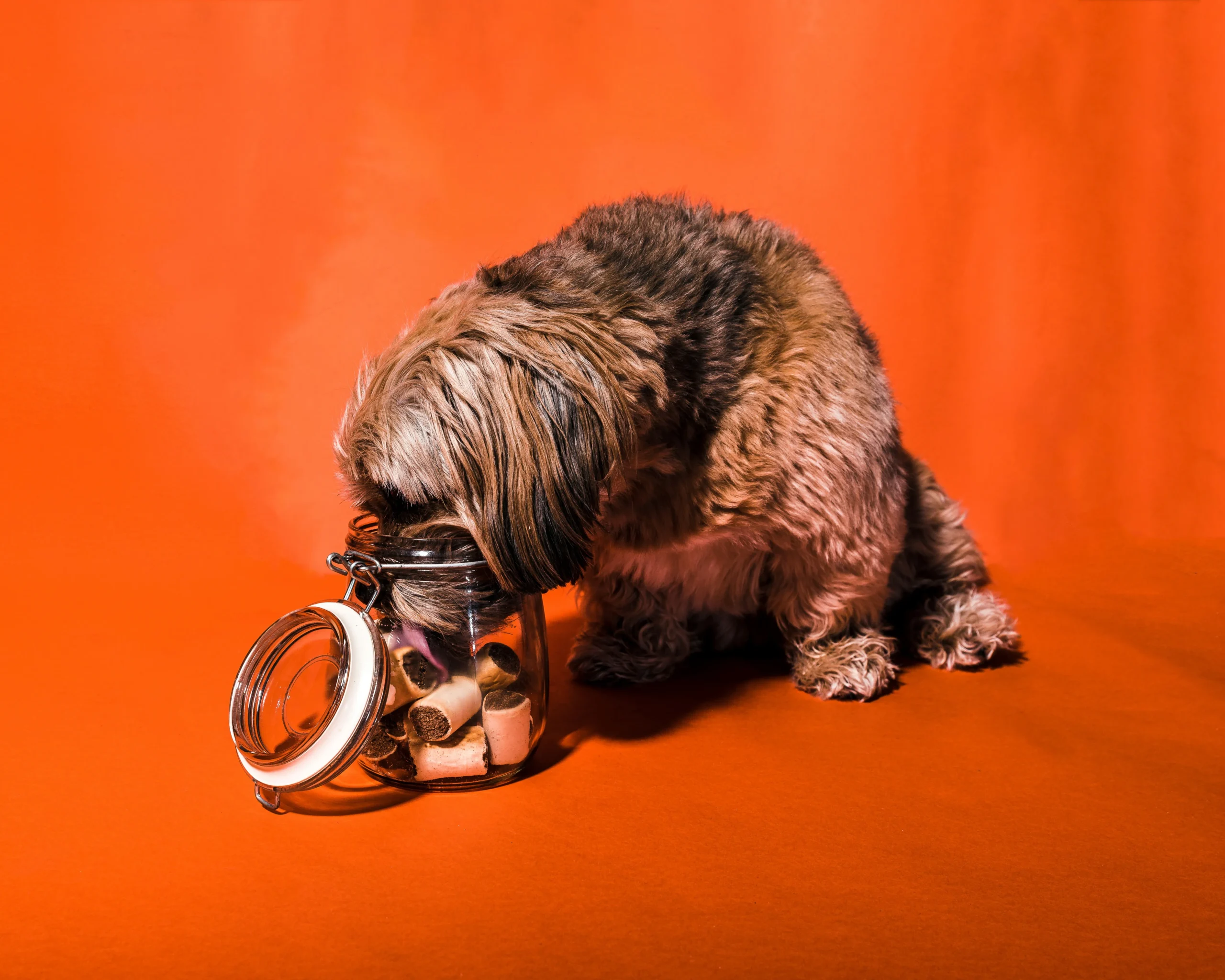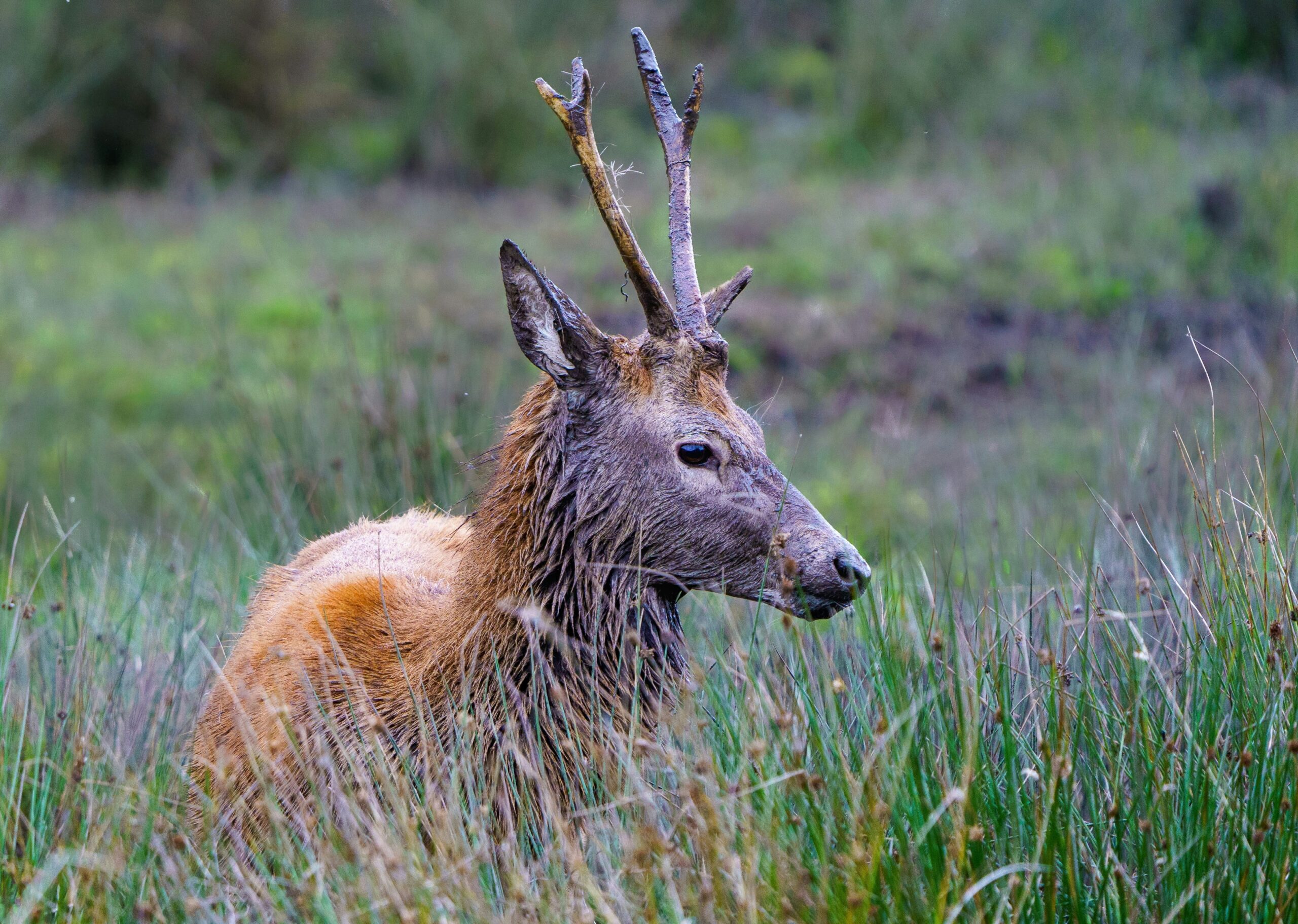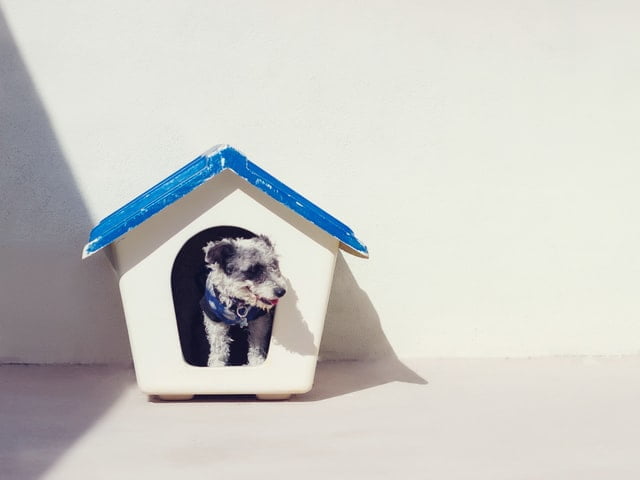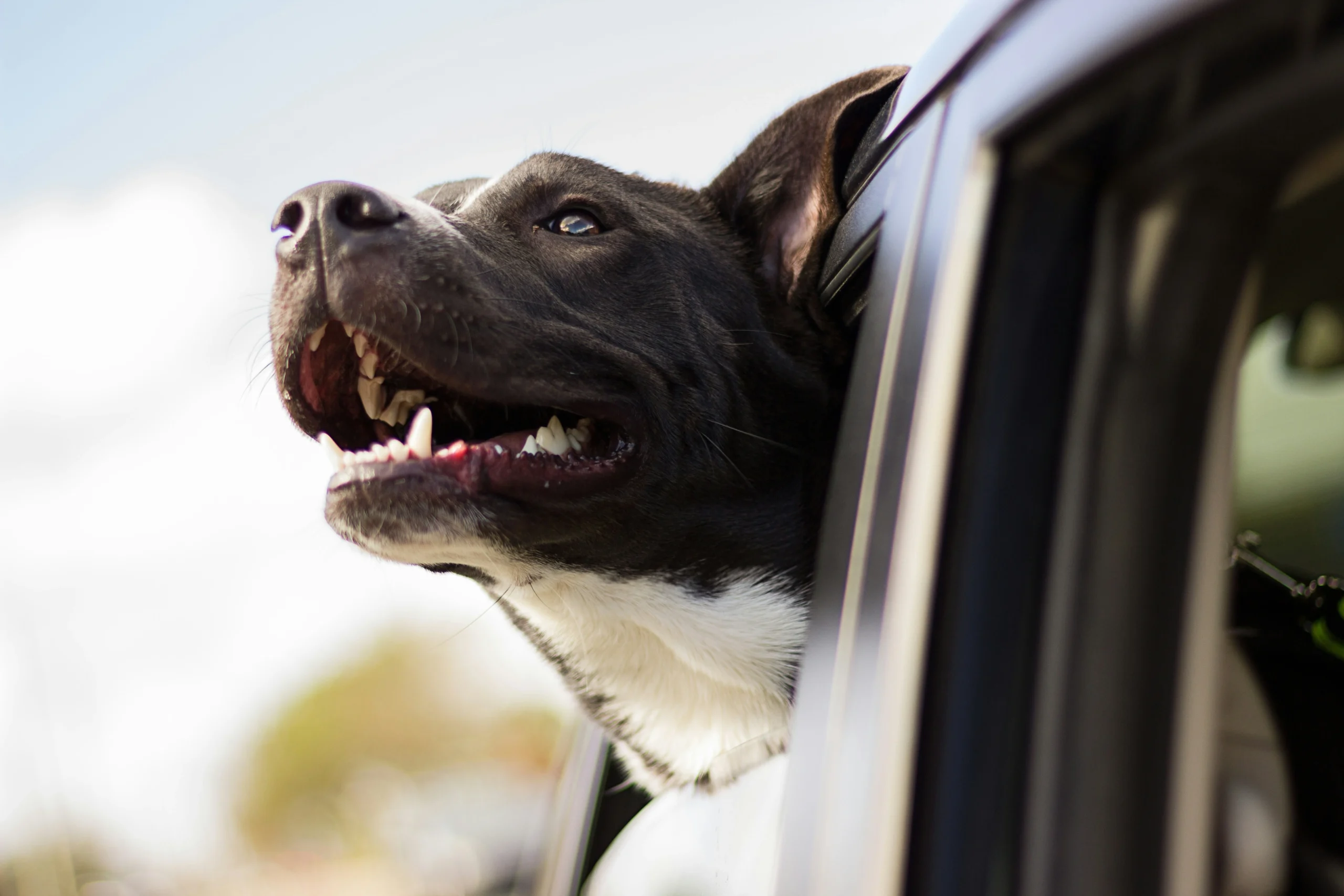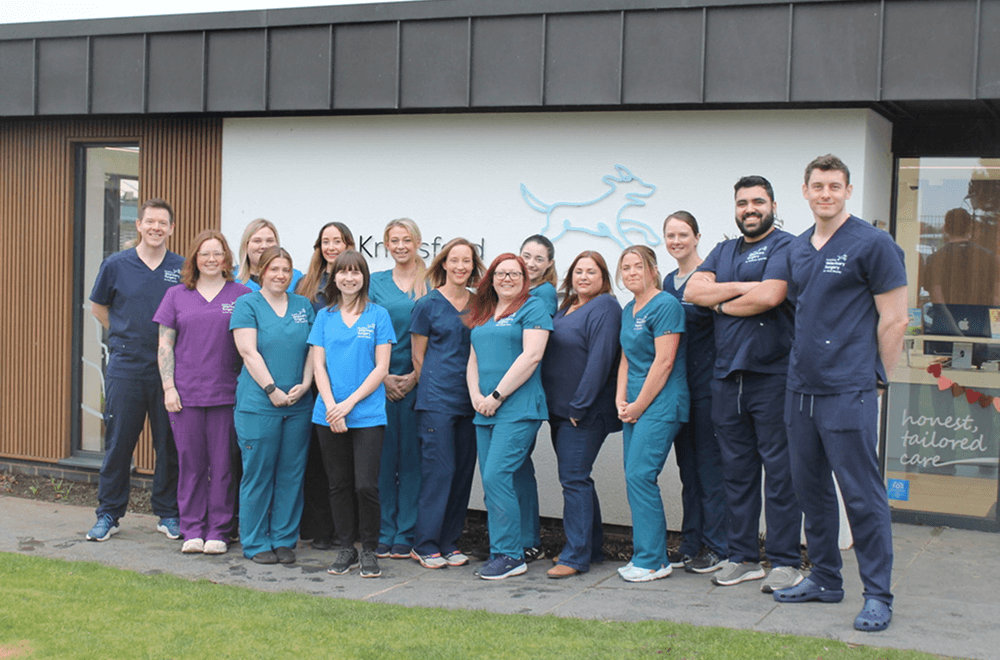What are Food Allergies in Pets?
Food allergies in cats and dogs are allergic responses to food that they have ingested. This isn’t like food allergies in humans, which may cause anaphylaxis shock, but instead usually presents with vomiting, diarrhoea, or with skin problems such as itching or recurrent infections.
All of this is due to an overactive immune system response; the immune systems of cats and dogs treat some food as a harmful substance and causes an allergic reaction as described above, rather than ignoring it and treating it as normal.
Food allergies are usually specific, and pets will normally tolerate other foods without issue. However, there is currently no evidence to suggest that pets outgrow food allergies, therefore it is considered a lifelong disease that must be carefully managed.
Common Food Allergies in Cats and Dogs
It’s not understood what specifically causes pet food allergies, however it is important to note that food allergies are not usually a condition that pets are born with. In many cases, they can occur suddenly, where there have been no previous issues and this can occur at any age.
Cases vary from pet to pet, and some will even have multiple allergies, but a few common allergies across the board include:
- Proteins such as chicken, beef, pork, lamb, and turkey
- Wheat
- Soy
- Corn
- Rice
- Egg
- Dairy products
Signs of Food Allergies in Cats and Dogs
One of the first things to know about pet food allergies is that they do not present the same as in humans. In humans, anaphylaxis is a common reaction to food allergies, however this is incredibly rare in animals.
Common signs of pet food allergies include:
- Vomiting
- Diarrhoea
- Itching
- Recurring skin infection
- Excessive itching
- Redness
- Rashes
- Hyperactivity
- Weight loss
- Lack of energy
- Aggression
How are Pet Food Allergies Diagnosed?
Currently, the only reliable way to diagnose pet food allergies is to conduct a diet trial for 6-8 weeks. This involves replacing the existing diet with an elimination diet recommended by your vet, usually a hydrolysed food. During this time, no other food should be consumed. This should remove any substances from the system that cause a reaction. If, after the trial, clinical signs have subsided, a food allergy may be present, but to confirm this, your vet will re-introduce the old diet to see if symptoms return. Further diet trials can then be conducted to determine a specific allergy.
How are Pet Food Allergies Treated?
There is no cure for pet food allergies, however, of all allergic diseases, this is one of the easiest to manage, provided that a specific allergy is identified. This will then simply be excluded from your pet’s diet, whilst clinical signs are monitored on an ongoing basis.
Food allergies have a very good prognosis, and once the disease is under control, pets will usually live a perfectly normal life. That being said, further food allergies may develop over time, and you might find that your pet develops different types of allergies, such as Atopy, or a flea allergy.
Veterinary Dermatology at Knutsford Vets
At Knutsford Vets, we offer a range of veterinary dermatology services to help diagnose and treat your pet’s skin conditions. Our pet dermatology hub has a range of articles and guides to help guide and advise you on a wide range of pet skin related conditions.
Our friendly team will work with you to get to the bottom of the problem before providing suitable recommendations and treatment options to help get your pet back to good health.
Experience honest, tailored care. Contact us today.
